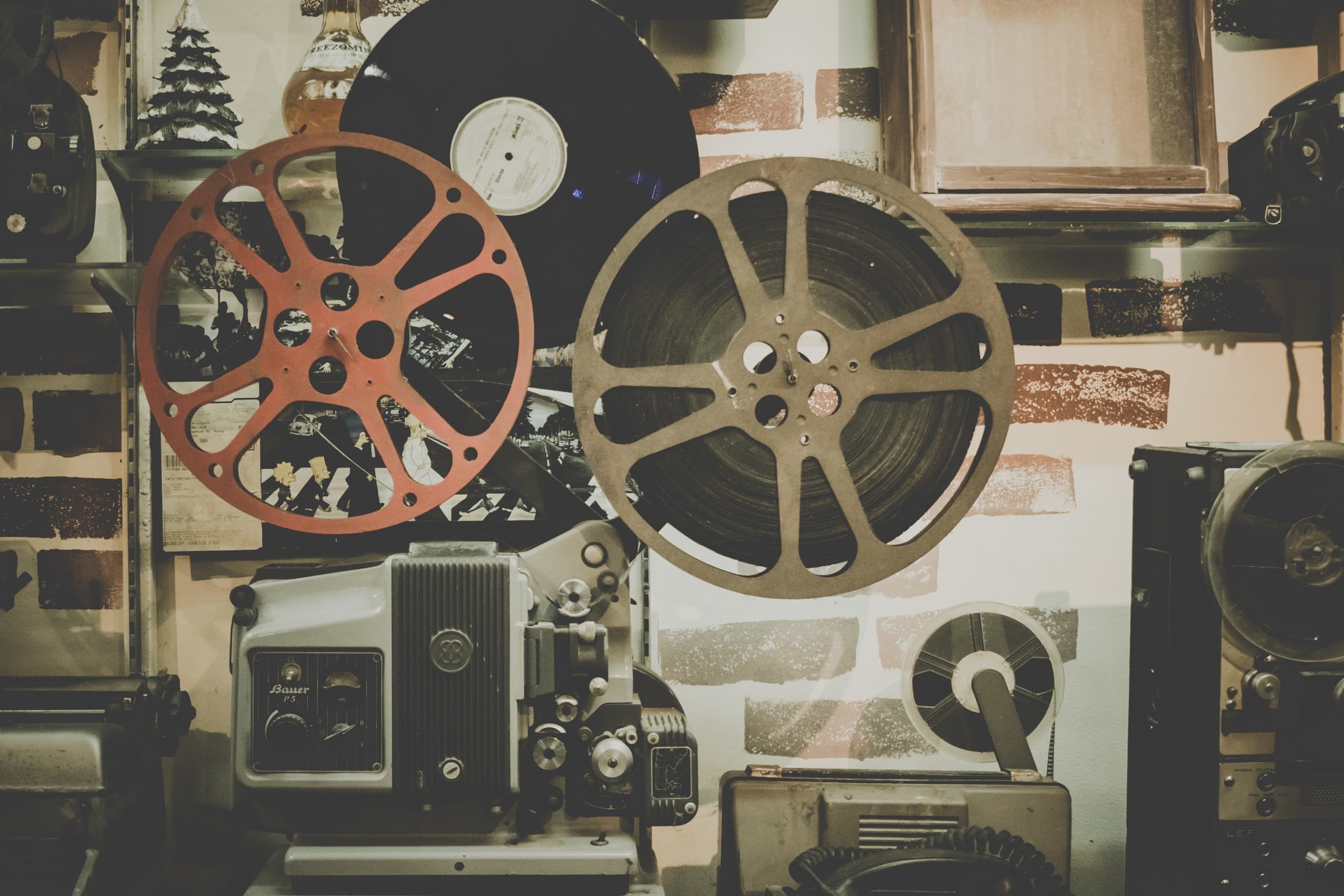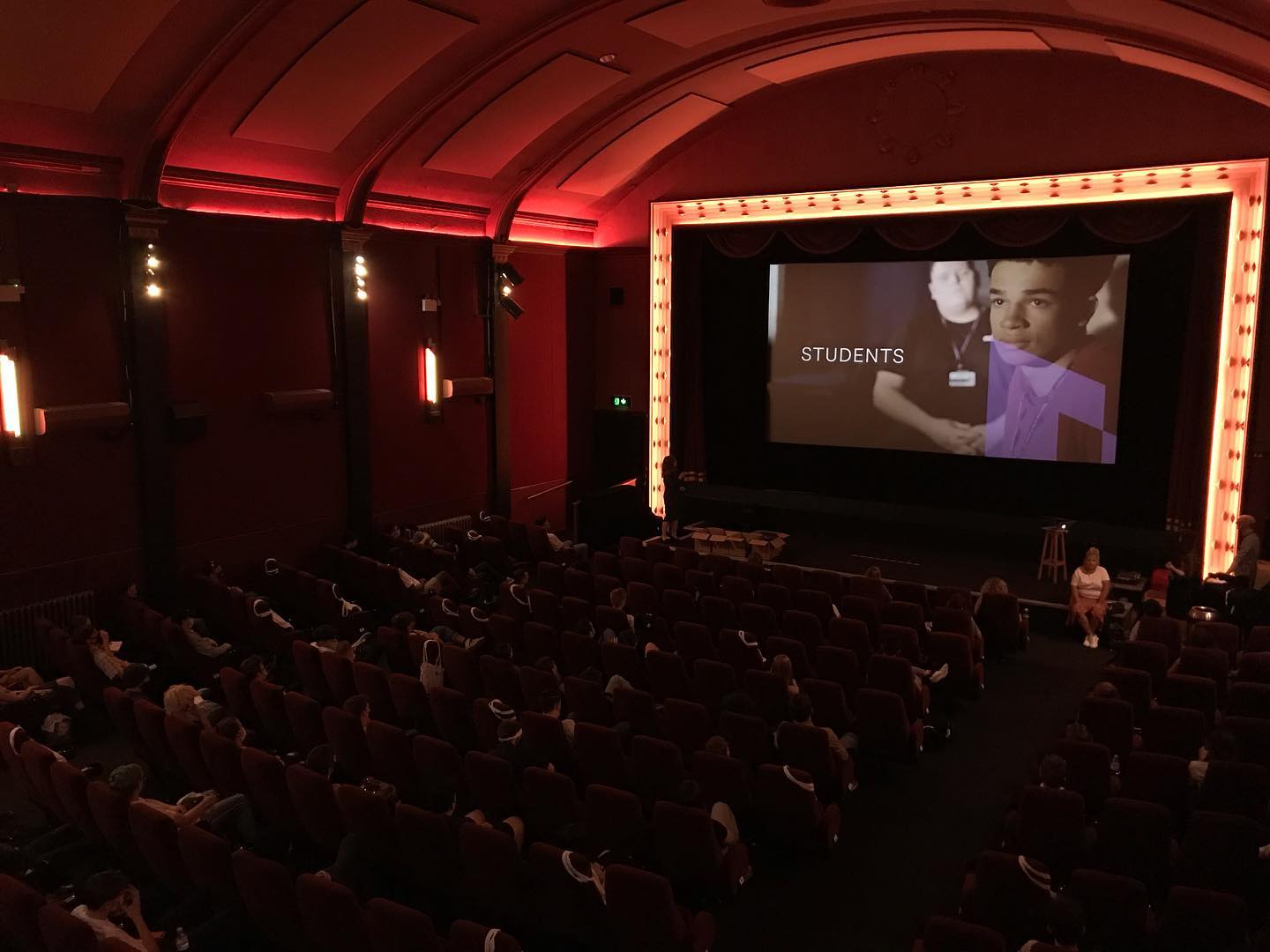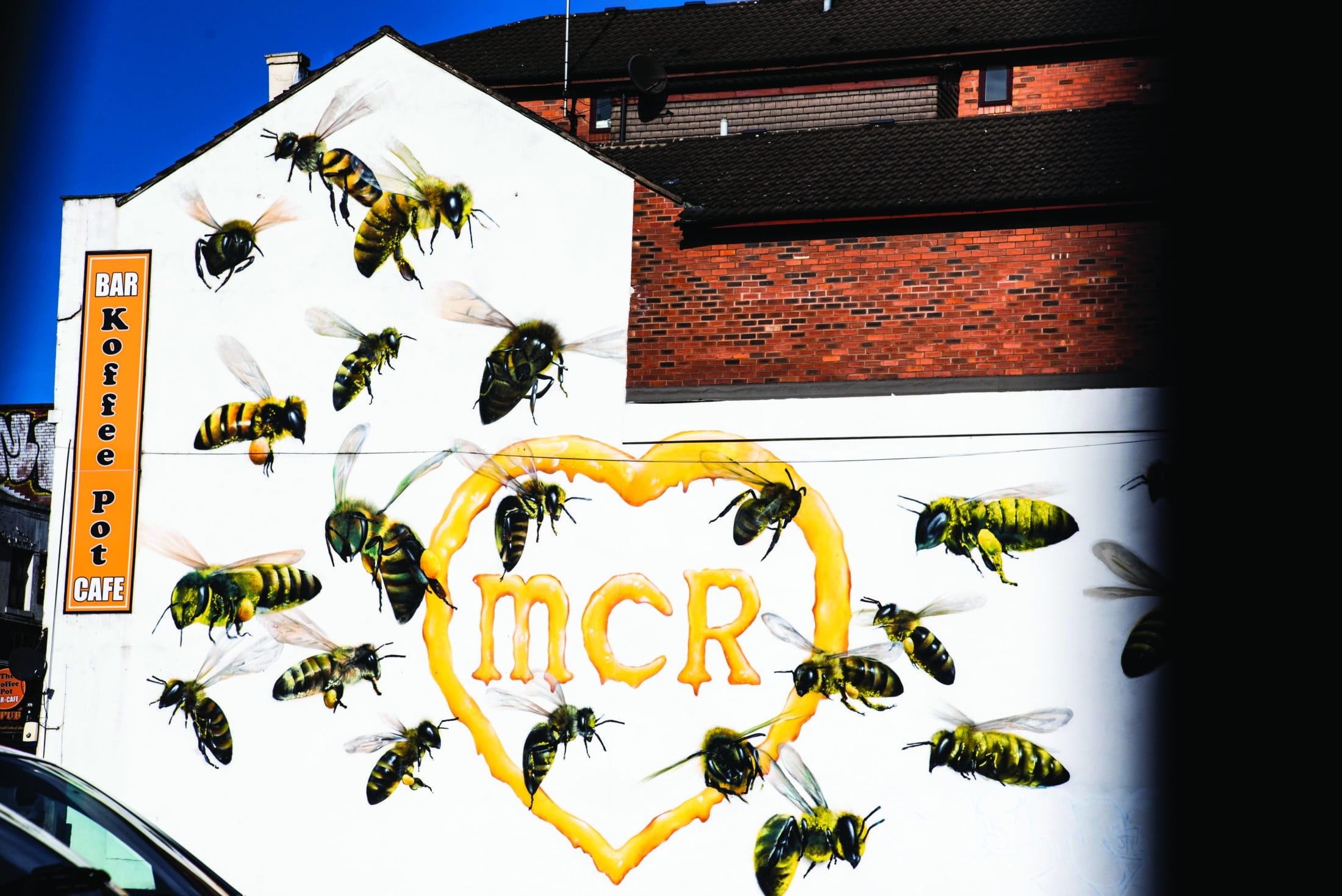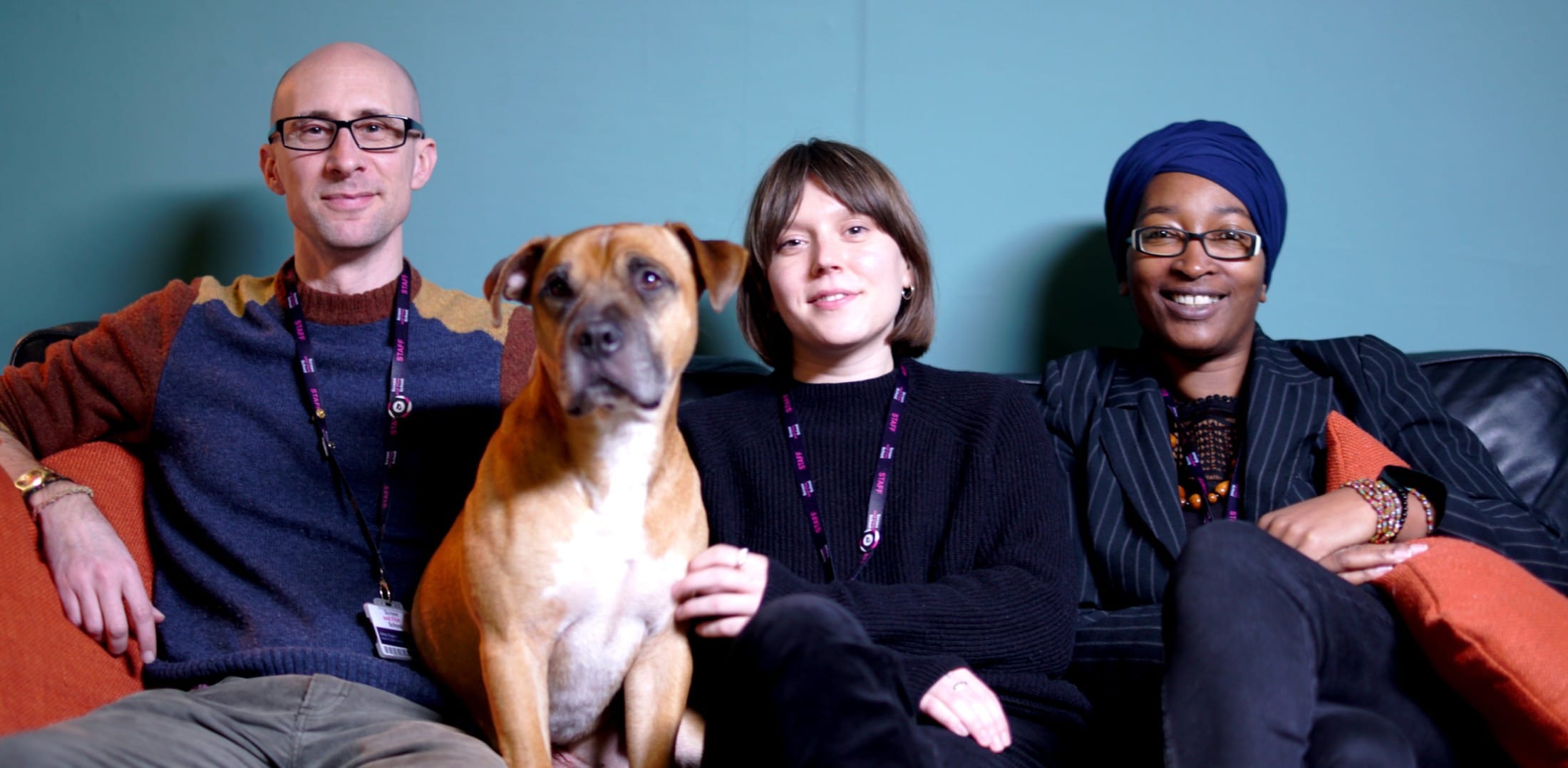Screen and Film School Manchester Admissions Assistant, Beverley Carter, reflects on a chaotic year and the effects that turbulent times have on film.
As our society shifts and changes, we see the film industry develop and grow every single day. Like a mirror, film shows us all shades of humanity and how the world we live in is perceived through the eye of a lens. We see pivotal events throughout history reflected in films, and how filmmakers have translated these moments of change through their art, guiding us during times of great upheaval.
We have all been plugged into the moving image for months now, as a source of escapism and entertainment. But more than that, film brings us together. The disconnect from our sociable lifestyles has caused a huge surge in visual media consumption. It’s become a running joke to say ‘I completed Netflix’ during lockdown. This shows how much people gravitate towards film as a chance to hear unique voices, see new faces and help fulfil our need to connect to each other.
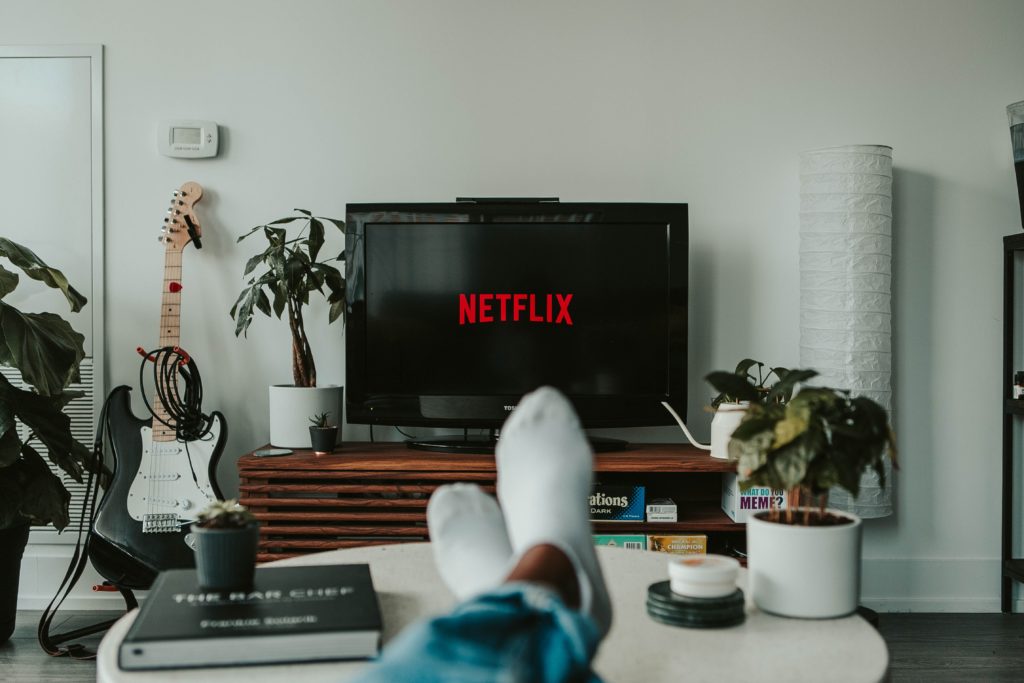
The film industry has been waking up to brand-new ideas. And we’ve already seen a surge of creation stemming from the bubbling concepts that’ve taken shape during periods of isolation.
It is young filmmakers, with their passionate new voices who will be the catalyst to help us all bounce back stronger and more unified than ever. You will create a newfound sense of understanding for each other’s perspectives, whether in a message of magical escapism or gritty realism – whatever you produce, remember it is filmmakers who have given us a way to feel human again through our screens.
Young people have a huge part to pay in shaping our society, and youth rebellion has been a theme since before the iconic Marlon Brando film The Wild One (1953) made during the first ‘era of the teenager’. It was banned by the government censors for 16 years because of its theme of rival gangs of lawless bikers on the fringe of society, who even though battling each other, ultimately have a shared perspective and a deep distrust of police and authority.
This clash with the higher powers has a legacy that went on to influence such films as Bonnie & Clyde (1967) and made way for The French Connection (1971) and LA Confidential (1997) to name a few.
Carrying through this theme of rebellion, there was a further surge of anti-establishment films featuring the antihero, the charismatic villain, and the unhinged psychopath. Taxi Driver (1976) might be the most culturally influential of this movement. Spanning influence across the decades to Reservoir Dogs (1992), La Haine (1995) and not forgetting Joaquin Phoenix’s portrayal in Joker (2019), we witness the story of how a fragile and ignored individual pushed to the outside of society can be forced through events thrust upon them into making explosions of chaos, the aftershocks felt all the way from the streets to the top of the power chain.
Looking at how much race equality has affected us all recently, with the BLM movement that has seen mass public demonstrations, we have seen so many young people raising their peers and friends together, sharing their voice. This has been truly empowering for all generations to see.
It reminds me of a moment in film history back in In the Heat of the Night (1967). Leading the way for black actors, it was one of the first Hollywood movies to feature a black lead, Sidney Poitier as the hero. The film examines racial prejudice and was a forerunner in shedding light on ‘racial profiling’. It truly felt revelatory when it was released during the Civil Rights Movement in the United States. It went on to influence Spike Lee to create Do the Right Thing (1989) a Malcolm X inspired title as the quotation goes “you’ve got to do the right thing”. This film was inspired by a real life racially motivated incident in NYC. And (though hard hitting in tone), the ultimate message was about understanding and tolerance – a lesson we all need reminding of.
The way in which LGBTQ+ stories have been portrayed in film has a strong resonance in our inclusive culture here in Brighton. Just look at how popular Brighton Pride is for bringing people together from all walks of life. Feeling the energy of 450,000 visitors to our city is a heart-warming feeling of unity.
On the flip side, those who identify and have friends and family who are part of the LGBTQ+ community know all too well about the struggle of ignorance and face daily persecution and hostility. I am reminded of the profound impact felt from watching The Danish Girl (2016) with Eddie Redmayne’s performance as Lili Elbe, the first ever transsexual woman.
As we watch Lili’s story unfold, we see how it offers a shared voice to people living or hoping to live the same life. How wonderful for those who may be suffering in silence to feel a film speaking directly to them, giving a sense of acceptance that will hopefully lead towards a deeper compassion and understanding.
Animal rights is an issue that captures the public’s attention and empathetic hearts. I mean look at how much of an impact the documentary Blackfish (2013) caused. A wave of controversial debate on social media was sparked over SeaWorld’s treatment of captive killer whales. This resulted in the stock price of SeaWorld’s home parks declining by over 50% since the film was released. The power of a mass response from that collective feeling we all shared from the emotion stirred up by Tilikum the Orca.
Can you see how film has the power to move people on a profound level? We share laughter, feel joy, sadness, experience empathy, plus all the shades of emotions that films can conjure up within us.
Film, art and creativity are our most important instruments to affect changes we want to see reflected in our society. As filmmakers, you are the influencers, the ones who change our views on the world, transforming a time of chaos into a positive visual message. You are dream makers, story tellers, you have the power to rock the foundations of old stagnant ideas and for the filmmakers of future generations to follow in your wake. How would you like to be the one who created from chaos to concept, from script to screen, a film that inspires a shaken and unsure society and indeed the world? The power lies in your voice, your camera and within you.
